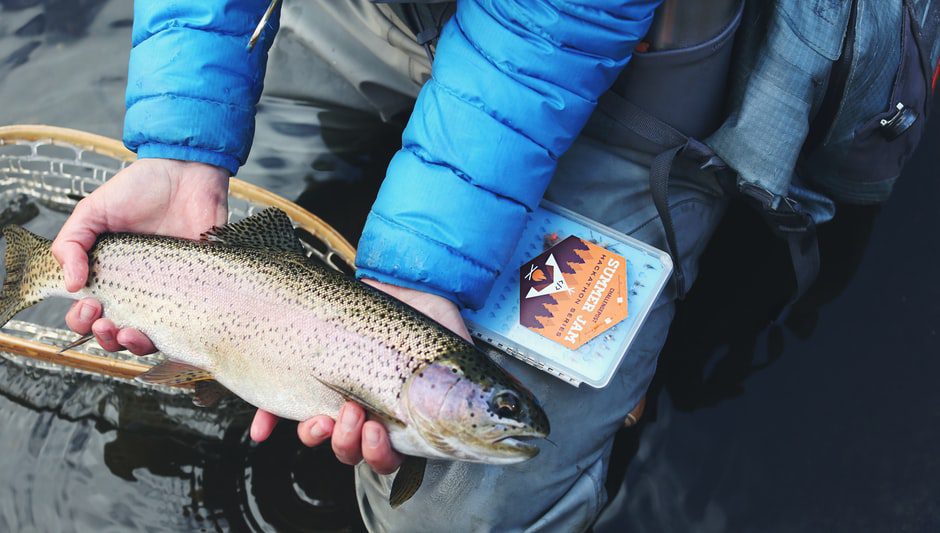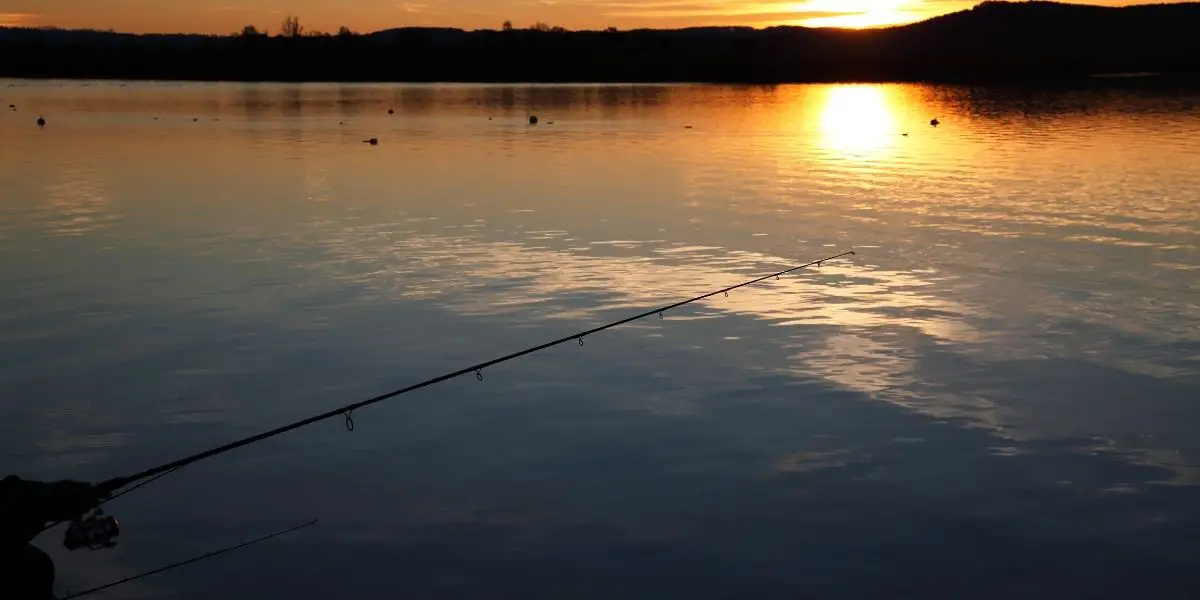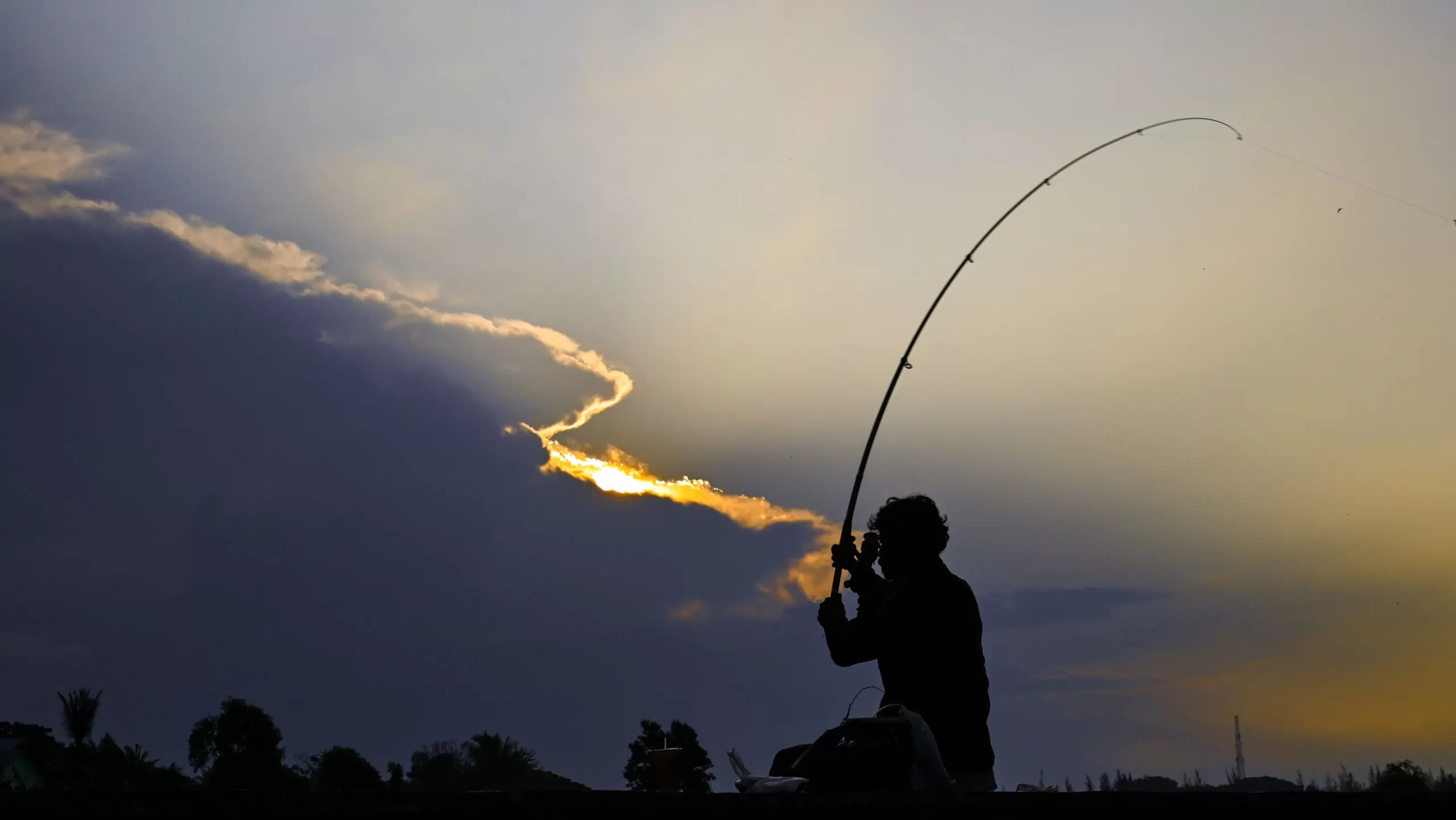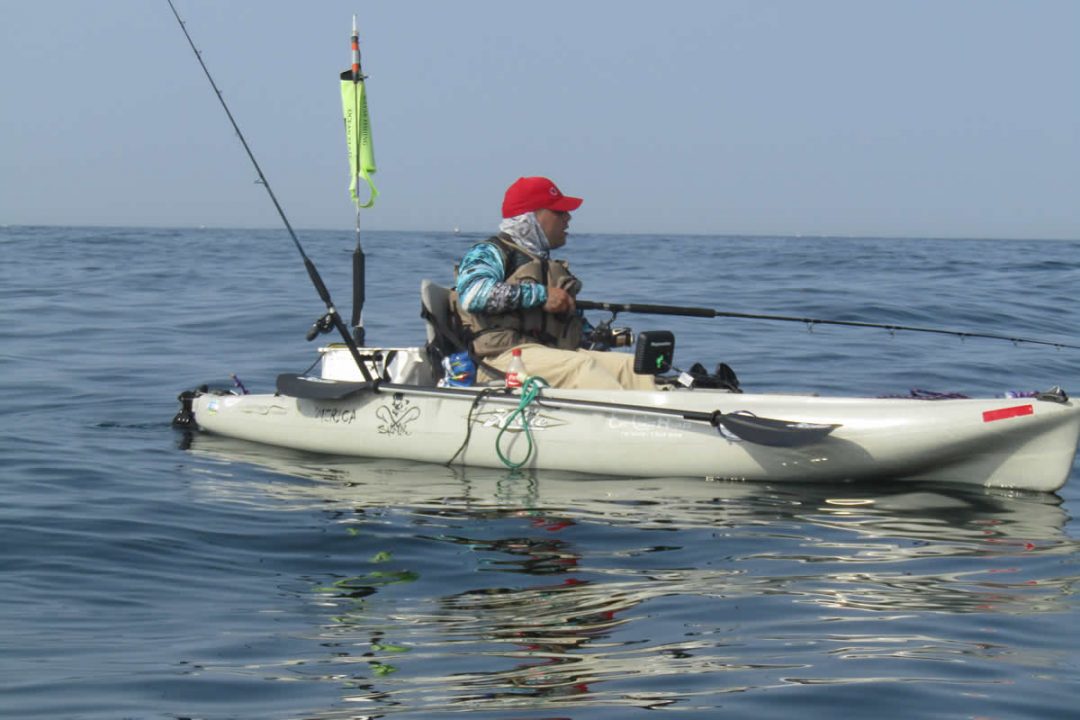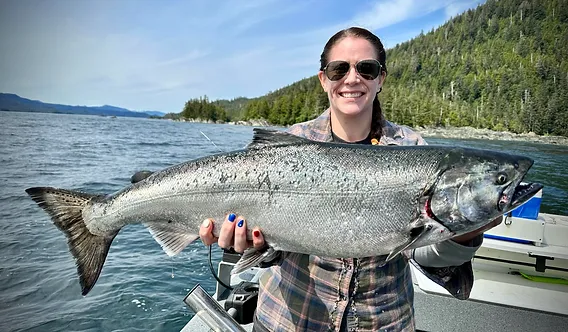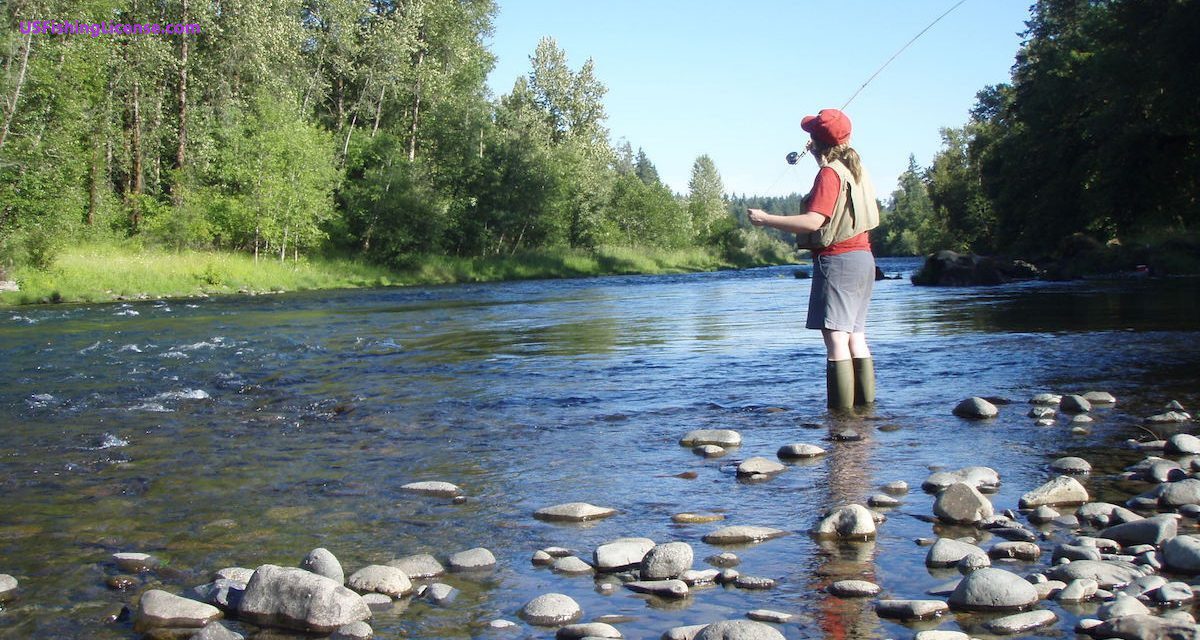Fishing in private ponds offers a peaceful alternative to public waters, but confusion about licensing requirements can lead to unexpected fines or legal issues. Whether you’re a pond owner or a guest angler, understanding when fishing licenses are required for private waters is essential to staying compliant with state regulations.
This comprehensive guide covers the exemptions and requirements for private pond fishing licenses across the United States, with state-specific details to help you fish legally and responsibly.
The Basics of Private Pond Fishing Licenses
The general rule across most states is that fishing license requirements depend on three key factors:
- Ownership status of both the pond and the person fishing
- Physical characteristics of the water body (size, isolation from public waters)
- Purpose of fishing (personal use vs. commercial)
Most states offer some form of exemption for private pond owners and their immediate family members, but the specifics vary significantly by location.
Key Definitions Worth Knowing
Before diving into specific requirements, understanding these terms is crucial:
- Private pond: Generally defined as a body of water entirely contained within privately-owned land with no connection to public waters
- Owner: The person(s) who legally owns the land containing the pond
- Immediate family: Typically includes spouse and children, but definitions vary by state
- Tenant: Person who legally rents or leases the property containing the pond
When You DON’T Need a License for Private Pond Fishing
Owner and Family Exemptions
In most states, the following individuals can fish without a license in a qualifying private pond:
- The legal property owner who owns the entire pond
- The owner’s immediate family members (typically spouse and children)
- Tenants who are legally renting the property (in many, but not all states)
For example, in Georgia, “the owner of a private pond, his or her immediate family, and tenants with the landowner’s consent may fish without a license.”Georgia Department of Natural Resources
Pond Size and Type Exemptions
Some states base license exemptions on pond characteristics:
- Florida exempts fishing in private ponds 20 acres or smaller that are located entirely within the property owned by one person or entity and not connected to public watersFlorida Fish and Wildlife Conservation Commission
- New York provides a free 5-year Farm Fish Pond License for ponds smaller than 10 acresNew York Department of Environmental Conservation
Guest Policies by State
Some states allow guests to fish without licenses under specific conditions:
| State | Guest License Exemption | Conditions |
|---|---|---|
| Alabama | Yes | Owner must be present; pond must be completely private |
| Florida | Yes | Pond must be ≤20 acres and entirely on private property |
| Georgia | Partial | No license needed if fish are classified as “domestic” |
| Texas | Yes | Private water bodies entirely on private property |
| Pennsylvania | No | All anglers 16+ need a valid license regardless of location |
Note: Always verify current regulations with your state’s wildlife agency as rules can change.
When You DO Need a License for Private Pond Fishing
Public Access and Water Connection
A fishing license is typically required when:
- The pond has public access (even if privately owned)
- The pond connects to public waters (streams, rivers, etc.)
- The pond is located on government-owned land
For example, in Minnesota, “even if you’re fishing in what appears to be a private pond, if it’s connected to public waters or has public access, you’ll need a license.” Learn more about Minnesota fishing licenses.
Commercial Fishing Activities
Commercial fishing or selling fish caught from private ponds generally requires:
- A commercial fishing license
- Aquaculture or fish dealer permits
- Compliance with food safety regulations
For instance, in Florida, “selling fish from a private pond requires a commercial fishing license and adherence to additional regulations.” Florida fishing regulations.
Non-Exempt Fish Species
Some states require licenses when fishing for certain species, regardless of pond ownership:
- Game fish often have different regulations than non-game species
- Protected species typically require proper licensing
- Stocked non-native species may have special requirements
In Georgia, for example, you need a license if the fish are not considered “domestic fish” (those artificially cultivated for commercial purposes).
State-by-State Private Pond Fishing Regulations
Alabama
Alabama offers exemptions for fishing in private ponds to owners, their immediate families, and guests when the owner is present. However, these exemptions only apply if the pond is entirely on private property with no connection to public waters.
“Alabama residents and their immediate family are exempt from fishing license requirements when fishing in a private pond owned by the resident.” Alabama fishing license information.
Florida
Florida provides clear exemptions based on pond size and ownership:
- No license required for fishing in private ponds 20 acres or smaller
- The pond must be entirely within property owned by one person or entity
- No connection to public waters is permitted
- The exemption applies to owners, family members, and guests
“Florida’s private pond exemption specifically excludes water bodies with connections to public waters, regardless of size.” Learn more about Florida fishing licenses.
Georgia
Georgia’s regulations focus on fish origin and pond isolation:
- No license needed for owners, family members, and tenants
- Others fishing in private ponds need licenses unless fishing for “domestic fish”
- Domestic fish are defined as those artificially cultivated for commercial purposes
- Wild fish in private ponds typically require proper licensing
Montana
Montana has proposed significant changes to private pond licensing in recent years:
- Increased fees from $10 to $600 for private pond licenses
- Stricter screening requirements to prevent ecological risks
- Mandatory pond inspections before licensing
- Requirements for fish escapement prevention
These changes highlight the growing concern about ecological impacts of private ponds. Montana Fish, Wildlife & Parks.
Ecological and Legal Considerations
Preventing Invasive Species
Private pond owners have legal responsibilities regarding invasive species management:
- Many states require screens or barriers to prevent fish escapement
- Stocking permits are often mandatory before introducing new species
- Some species are prohibited entirely in certain regions
“Even on private property, introducing invasive species can result in significant fines and ecological damage.” Learn about Pennsylvania’s fishing regulations.
Water Rights and Compliance
Owning a pond doesn’t necessarily grant unlimited rights to the water:
- Water usage rights can be restricted by state laws
- Damming regulations may apply if the pond is created artificially
- Runoff and pollution from ponds are subject to environmental laws
Recent Legislative Trends in Private Pond Fishing
The regulation of private pond fishing continues to evolve:
- Rising administrative fees to cover inspection and monitoring costs
- Stricter definitions of what constitutes a “private pond”
- Greater emphasis on preventing ecological damage
- More detailed registration requirements for stocked species
For example, Montana’s HB 74 proposed a significant increase in private pond licensing fees. States like Pennsylvania have also updated their regulations to address growing concerns about invasive species.
Common Questions About Private Pond Fishing Licenses
Do children need licenses to fish in private ponds?
Generally, children under 16 are exempt from fishing license requirements in most states, both for public and private waters. However, age exemptions vary by state:
- In Texas, children under 17 are exempt Texas fishing license information
- In California, anglers under 16 don’t need a license California fishing licenses
- In Florida, children under 16 are exempt Florida license information
Can I sell fish caught from my private pond?
Selling fish from private ponds typically requires additional permits beyond standard fishing licenses:
- Commercial fishing permits
- Aquaculture certification
- Food safety compliance
- Species-specific permits
“Even pond owners generally need commercial permits to sell fish from their properties.” Learn more about commercial fishing requirements.
What happens if my pond connects to public waters during flooding?
When private ponds temporarily connect to public waters:
- Regular fishing license requirements typically apply during these periods
- Fish management becomes subject to public water regulations
- Special permits may be needed to prevent invasive species movement
Do I need a license to fish in a neighborhood or community pond?
Community ponds, even in private neighborhoods, generally require fishing licenses because:
- They are considered shared resources rather than individually owned ponds
- They often have multiple owners (the homeowners’ association)
- They typically provide access to multiple households
Maintaining Compliance with Private Pond Fishing Regulations
To ensure you’re fishing legally in private ponds:
- Contact your state’s wildlife agency for current regulations
- Verify the pond’s legal status with the property owner
- Check species-specific rules before stocking or targeting certain fish
- Review license requirements for guests if hosting others
- Keep documentation of pond ownership or permission when fishing
Conclusion
Understanding when you need a fishing license for private pond fishing depends largely on your relationship to the property, the characteristics of the pond, and your state’s specific regulations. While many states offer exemptions for property owners and their families, these exemptions come with important conditions and limitations.
Before casting your line in any private pond, take time to verify the current requirements in your state. This ensures not only legal compliance but also contributes to sustainable fisheries management and environmental protection.
For the most current information about fishing license requirements in your state, visit US Fishing Licenses or contact your state’s fish and wildlife agency directly.

